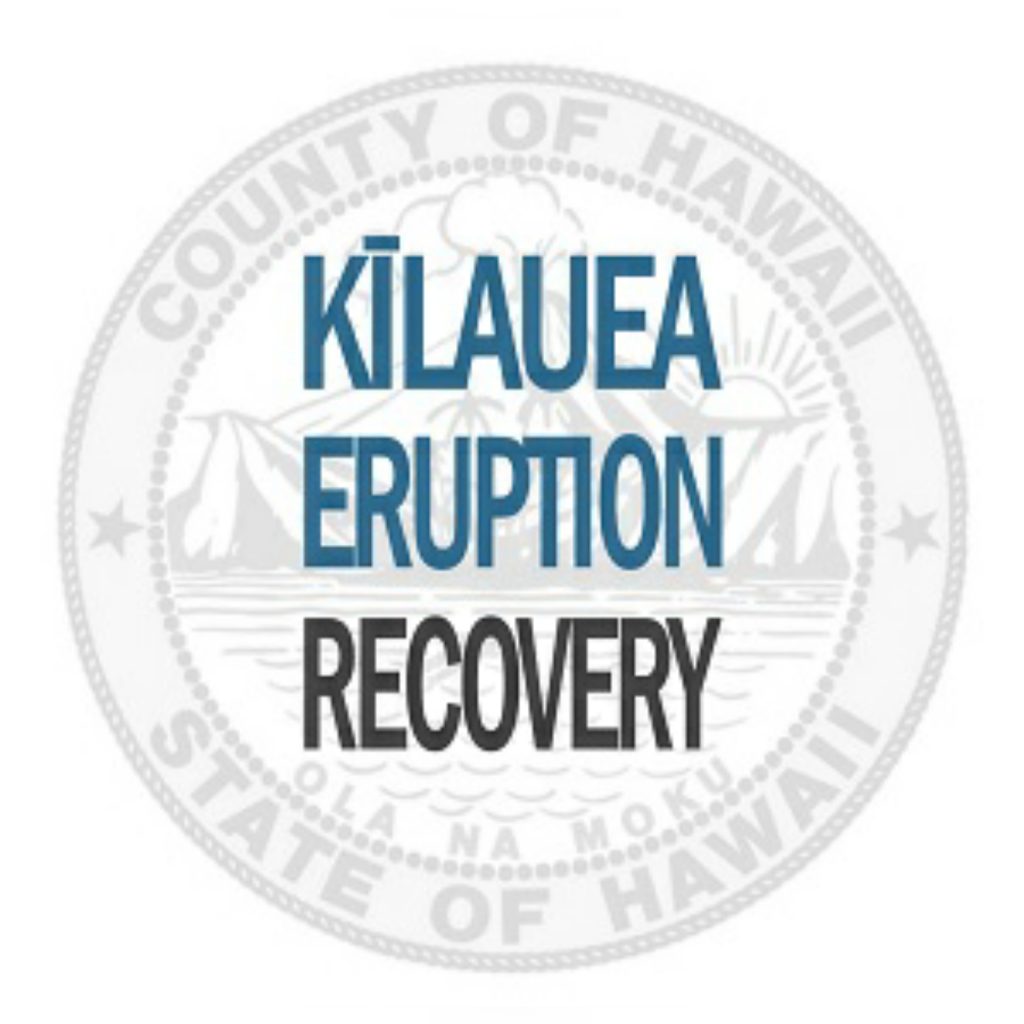
Hawai‘i County will receive an additional $30.6 million in Federal disaster recovery and hazard mitigation funds following the 2018 Kīlauea eruption.
U.S. Sen. Brian Schatz announced on Wednesday [see press release below] that $23.72 million will be provided from the U.S. Department of Housing and Urban Development’s (HUD) Community Development Block Grant-Disaster Recovery (CDBG-DR) program. Additionally, the County will receive $6.86 million in HUD hazard mitigation funding.
“We’re grateful for the work of our Senate delegation in helping secure these funds,” said Mayor Harry Kim. “We look forward to applying those funds to help Puna residents get back on their feet and our island community become stronger and more resilient to natural hazards. As part of the recovery process, the County will take a close look at using these funds to assist communities affected by both the 2018 eruption and the 1983-2018 Pu’u ‘Ō’ō-Kūpaianaha eruption, which continue to be exposed to volcanic hazards and future disasters.”
The County already anticipates receiving $83.84 million in CDBG-DR funds. An initial Action Plan describing use of those funds to address unmet housing needs from the 2018 eruption will be submitted to HUD on the Aug. 31 deadline. The additional $23.72 million grant will bring the total CDBG-DR allocation to $107.56 million.
Details and requirements regarding how the additional CDBG-DR funds can be used to address unmet needs following the 2018 eruption will be eventually outlined in a Federal Register notice. After that notice is published, the County will submit an amendment to the CDBG-DR Action Plan to show what programs those funds will support.
HUD’s Community Development Block Grant Mitigation Program is used to mitigate hazards and, unlike CDBG-DR funds, is not tied to any disaster event. According to HUD, these funds can be used to “increase resilience to disasters and reduce or eliminate the long-term risk of loss of life, injury, damage to and loss of property, and suffering and hardship by lessening the impact of future disasters.”
“While they started decades apart, both of these volcanic events ended the same year, and the impacts continue to be felt across lower Puna,” Kim said, referring to the Pu’u ‘Ō’ō-Kūpaianaha eruption and 2018 eruption. “It’s important that our recovery efforts are inclusive of those needs as much as possible.”
Press Release from Sen. Schatz
HONOLULU – The U.S. Department of Housing and Urban Development (HUD) today announced that Hawai‘i County will receive $30.6 million in new federal disaster relief funding. The $23.7 million in Community Development Block Grant Disaster Recovery funding will help the county to safely rebuild impacted communities, especially in low- and moderate-income areas, and provide resources to small businesses to help them recover and thrive. This new funding comes after U.S. Senator Brian Schatz (D-Hawai‘i), a member of the Senate Appropriations Committee, urged HUD to recognize the unique response and recovery challenges posed by the eruption and called for a review and increased funding for Hawai‘i County.
“We haven’t fully recovered from the natural disasters in 2018 yet, so this new funding will give Hawai‘i County more resources to continue working with residents on how to best rebuild,” said Senator Schatz, a member of the Senate Appropriations Committee. “As we continue to recover, I will keep fighting for more federal resources at every opportunity.”
The county will also receive $6.8 million in a new funding to improve community resilience and mitigate the negative impacts of future disasters. The funding can be used to invest in measures that will prevent home flooding or harden infrastructure.
To date, Hawai‘i has received more than a half a billion dollars in federal relief funding to help the state recover from the 2018 natural disasters.



